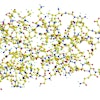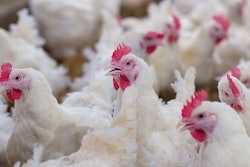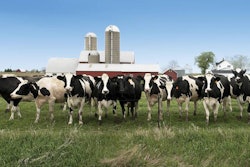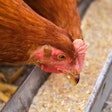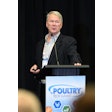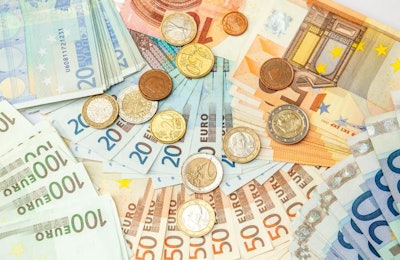
Receiving a substantial grant will enable this European biotech company to scale up its innovative process producing protein for animal feeds from waste gases.
Based in the United Kingdom (U.K.), biotechnology company Deep Branch has secured an additional EUR2.5 million (US$2.9 million) in funding. Sourced from the European Innovation Council, the grant will support the scaling-up of the firm’s process that produces a novel protein for animal feed from industrial emissions.
The funding will contribute to the construction of a pilot plant at the Brightlands Chemelot Campus in The Netherlands. According to the company, the new facility is scheduled to be in operation by June 2021. As a result of the increased output from the scaling-up process, product can be made available to feed companies for performance testing.
Using a proprietary gas fermentation process, the final product is a single-cell protein called Proton, which is a nutrient-rich ingredient suitable for livestock and aquaculture feeds.
“Setting up the pilot plant represents an important next step in finding the perfect recipe for Proton that meets the requirements of feed producers,” said Peter Rowe, CEO of Deep Branch. “We’ll be undertaking further trials with BioMar and AB Agri. These are two leading animal feed companies that support the salmon and poultry farming industries.”
From industrial waste to sustainable protein
With Deep Branch’s process, carbon dioxide (CO2) from industrial emissions is used as a substrate for the production of microbes. The firm reports that the final product, Proton, is low in carbon. Furthermore, its nutritional profile is similar to fishmeal. However, unlike fishmeal, it can be produced year-round.
According to Rowe, compared with current protein sources, production of Proton reduces CO2 emissions by more than 90%.
“In Europe, poultry and farmed fish are usually fed on fishmeal and soy, which is mainly imported from South America and has a huge environmental impact,” said Rowe.
Adding to its sustainability credentials, Proton is produced using renewable power from the Drax company.
Founded in 2018, Deep Branch describes itself as a “carbon recycling company.” Proton is the firm’s first product.
Europe moves toward more sustainable animal feeds
At its congress in September, the association of European feed manufacturers, FEFAC launched its Feed Sustainability Charter 2020-30.
The charter identifies five key ways the organization can make livestock and aquaculture chains more sustainable over the coming decade.
FEFAC identifies its top priority as its contribution to climate-neutral livestock and aquaculture production chains through feed. As well as using resources and nutrients more efficiently, it aims to promote further responsible sourcing practices. Finally, while contributing to improved animal health and welfare, the group also aims to support both the socio-economic environment, and the resilience of the livestock and aquaculture sectors.
Growing global interest in alternative proteins for animal feeds
This year, single-cell proteins were identified among the alternative protein sources for animal feeds that are gaining in popularity around the world.
London, U.K.-based Unibio has recently been chosen by the international FEED-X program as a leading innovator for its non-GMO, non-land- or non-ocean-based and organic protein product, Uniprotein.


